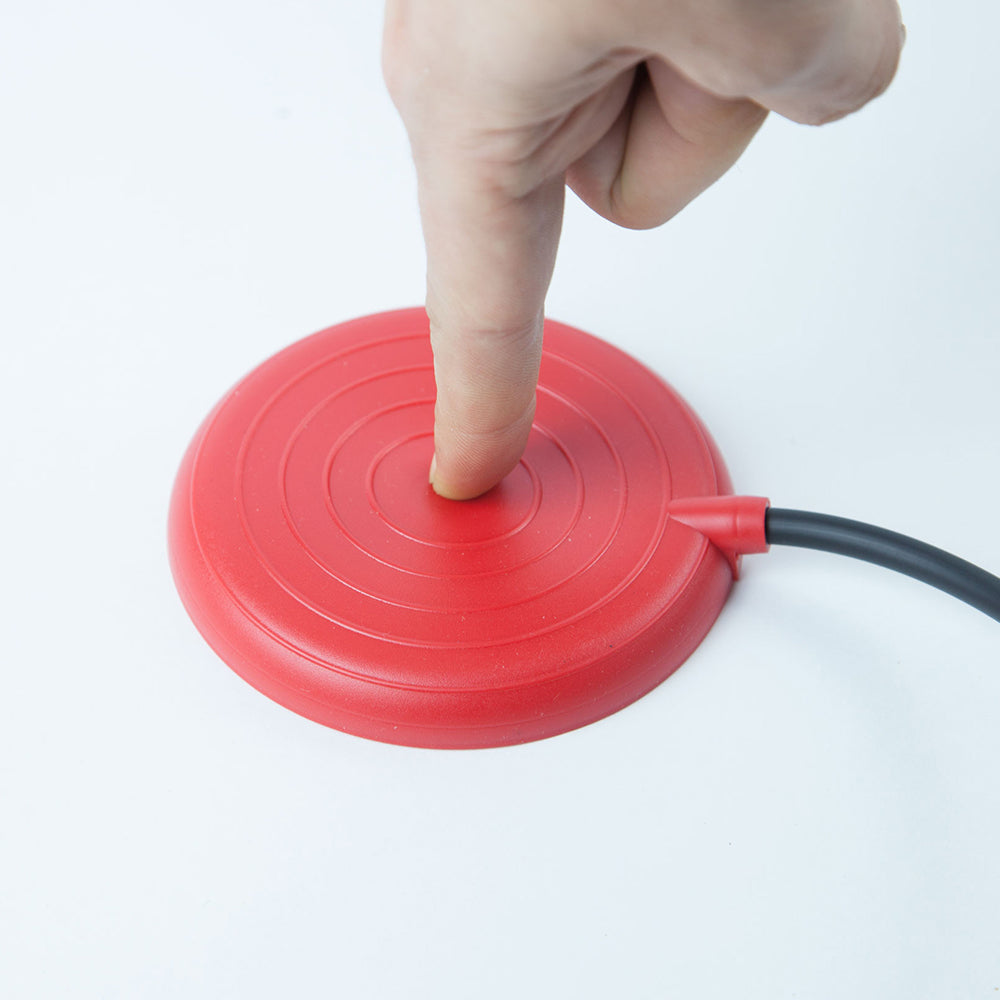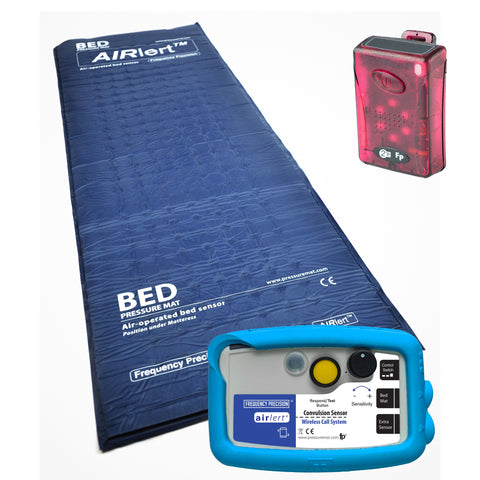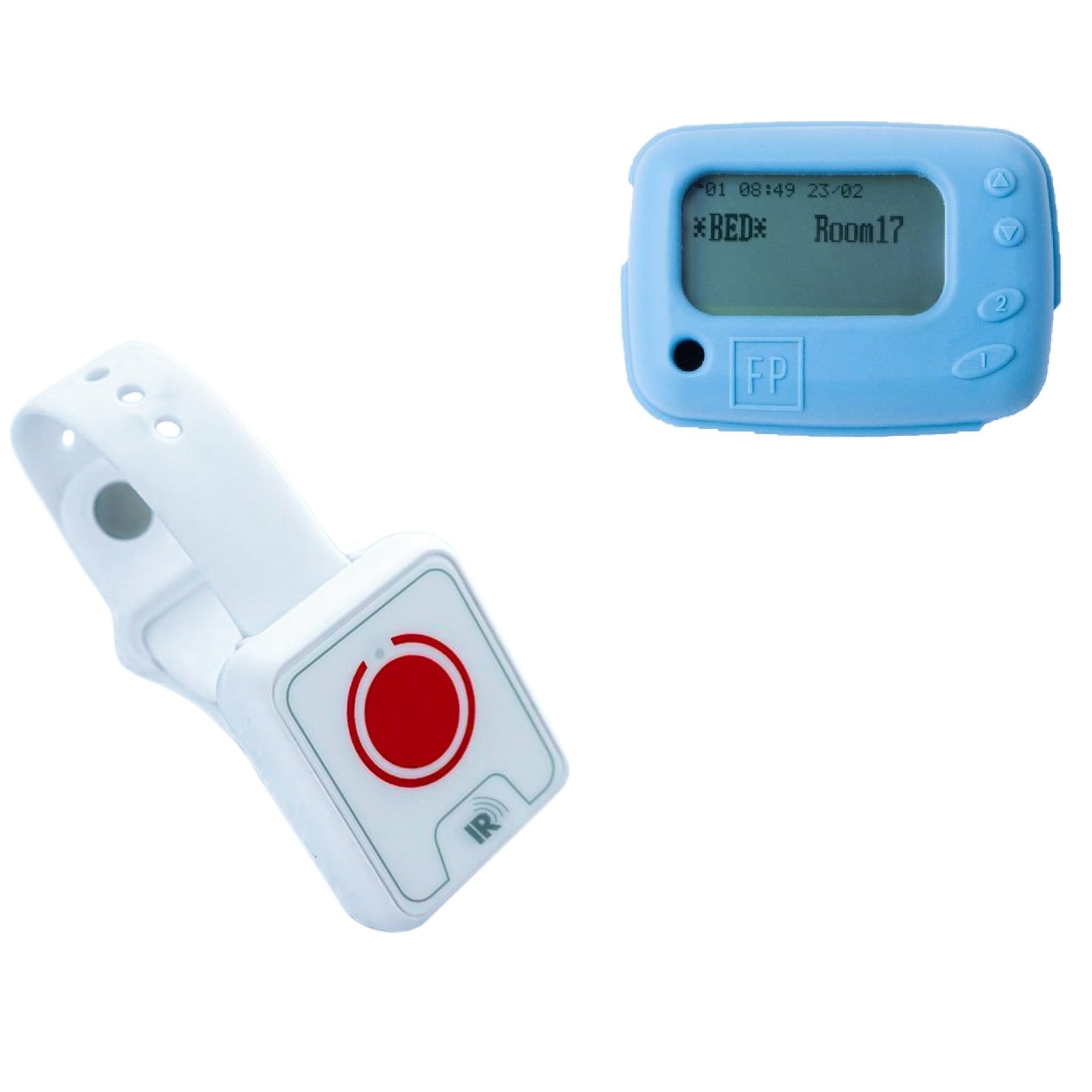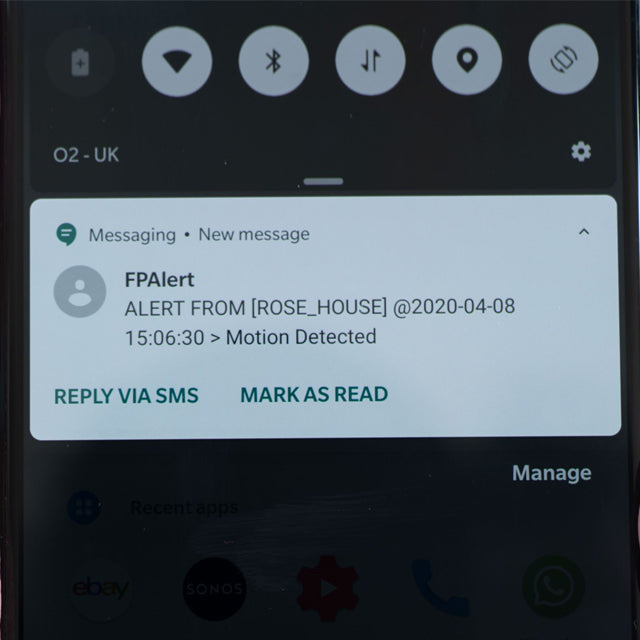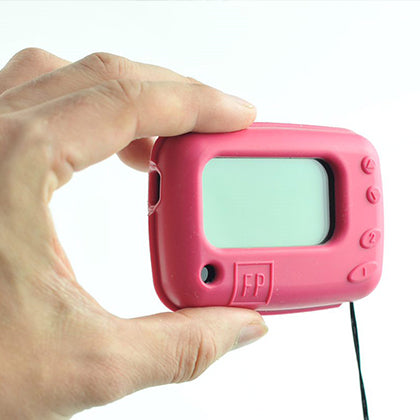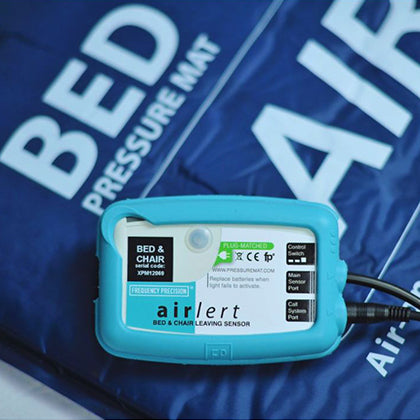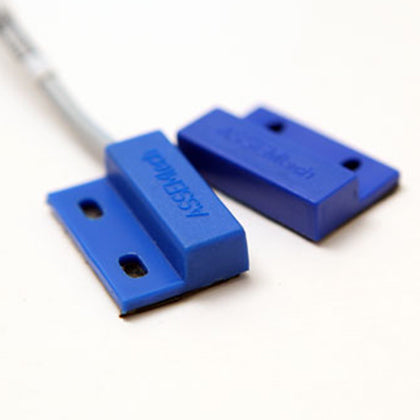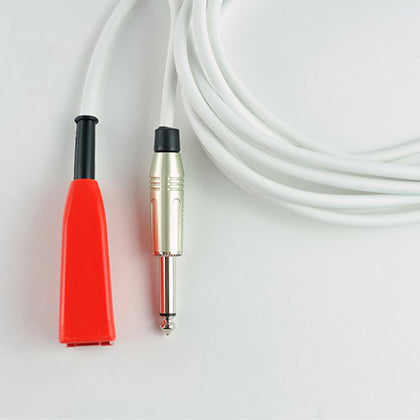As people age, they often require more care and attention. For elderly loved ones who live alone, it can be challenging to know when they need help. Care assist devices allow older adults to get the assistance they need without relying on others.
Care assist devices come in various forms, but all of them work similarly. A sensor is worn by the elderly person or placed under their bed or mattress. If they fall or have an emergency, the device will send an alarm to a caregiver or monitoring center. The monitoring center will then contact emergency services or family members to provide assistance.
Care assist devices are an excellent way for older adults to stay safe and independent. They can be worn around the home or even while out and about and allow seniors to maintain their independence while knowing that help is always available if needed.
Hospital Bed Alarms
According to the Centers for Disease Control and Prevention, one out of every three adults over the age of 65 falls each year. For elderly patients in hospitals, this statistic can be life-threatening.
Hospital bed alarms are a vital piece of safety equipment in hospitals. They are used to alert nurses when a patient gets out of bed or attempts to leave the bed without assistance. This is an important safety measure, as it can prevent elderly patients from wandering off or injuring themselves.
Hospital bed alarms are an essential part of hospital safety and should be used to protect elderly patients from injury. Hospital bed alarms come in various shapes and sizes, but all work in essentially the same way. When a patient gets out of bed or attempts to leave the bed without assistance, the alarm will sound, notifying nurses that there is a problem. Most hospital beds have built-in alarms, but some patients may require additional alarms for safety. These alarms can be purchased separately and installed on the patient's bed.
Types of Hospital Bed Alarms
When most people think of hospital bed alarms, they think of elderly patients who risk falling out of bed. There are other applications as well. For example, some hospitals use bed alarms to monitor a patient's heart rate and blood pressure.
There are several different types of hospital bed alarms available on the market. Some alarms are designed to sound when a patient gets out of bed, while others sound when a patient begins to fall asleep. There are even alarms that can monitor a patient's breathing patterns.
When selecting a hospital bed alarm, one crucial thing to keep in mind is that not all alarms are created equal. You need to make sure that the alarm you select is loud enough to be heard easily.
Benefits of Hospital Bed Alarms
Hospital bed alarms are a valuable tool for ensuring the safety and well-being of elderly patients. Hospital bed alarms are beneficial for both patients and hospital staff. Bed alarms help ensure the safety of elderly patients by notifying hospital staff if a patient gets up from bed without assistance. This reduces the risk of falls and injuries for elderly patients. Hospital bed alarms also help to ensure that patients receive the necessary care and medication on time. Alarms notify hospital staff when a patient has not moved for an extended period, indicating that the patient needs assistance.

Frequency Precision help keep your loved ones safe by providing reliable and user-friendly care assist systems that can be tailored to meet the specific needs of your home or healthcare facility. With a wide range of products available, you're sure to find the perfect solution for your needs. Frequency Precision has you covered, whether you're looking for a door sensor, floor pressure mat alarm, or instant nurse call system. Be sure to visit our website or call us today to learn more about our products and how they can benefit you and your loved ones.

